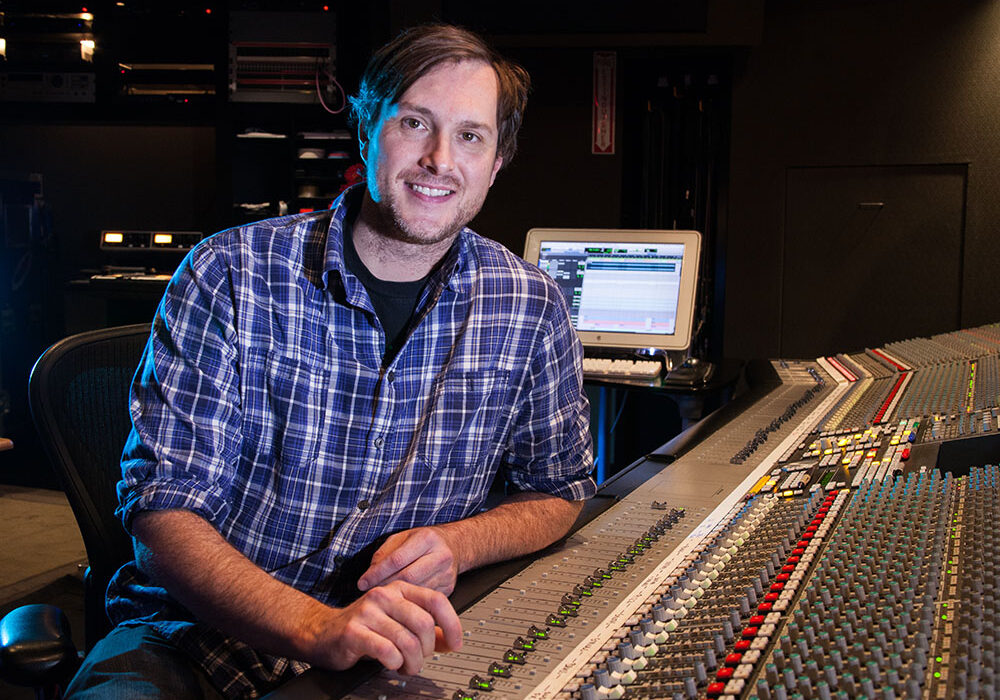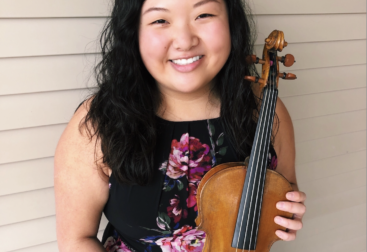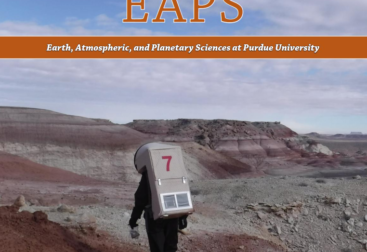For Delbert Bowers, it was an honor just to be nominated. But the win is nice, too.
His path to the Latin Grammy win (Best Engineered Album, for his work on El Madrileño by C. Tangana) is a rather unusual one. He graduated from the University of Tennessee with an undergraduate degree in trumpet performance, then went on to pursue his Master’s at Ohio University and his DMA at the University of Southern California. It was at this final destination that one course changed Bowers’s entire career trajectory.
“I’ve always been a techie person, and a large part of what we do as musicians involves computers,” he said. “But I didn’t really realize until I took a class in audio engineering that this was a much better fit for me.”
He loved it so much that he immediately pursued the first entry he could find into the recording industry. That was a position as a runner at Larrabee Sound Studios – a position that included tasks such as coffee and lunch runs – which he worked at until he was given the opportunity to become an assistant engineer. “Anything to get my foot in the door,” he said, at which point his passion and wealth of experience as a trained musician came into play. He emphasized how important patience and persistence are to the process, the sheer hard work of professional musicianship.
“One of the things that was installed in me at the University of Tennessee was to think about musicianship – you’re thinking musically all the time,” he said. “A lot of people forget that being a producer or a mixing engineer is a craft. It’s a slow process of learning how to do something, and being meticulous and learning that craft, and slowly working on something until it becomes second nature.”
After four years at Larrabee Sound Studios, during which he worked on thousands of records, he left to jumpstart his freelance career. During that time, he’s had the opportunity to work with several high-profile artists, including Eminem, JoJo, Linkin Park, PitBull, Katy Perry, Lady Gaga, & The Rolling Stones.
He was nominated for three American Grammy Awards in 2017 for his work on the Lukas Graham song “7 Years.” This year’s Latin Grammy win also comes amidst three nominations for El Madrileño, including Record of the Year and Album of the Year, as well as winning in Best Engineered Album. This project in particular was a bit different from the start, Bowers says:
“Usually, by the time an album gets to me, the car’s already been painted and put together, so to speak, and I’m just making it a little bit better of a car,” he said. “With El Madrileño, I was told, ‘go wild, be bizarre.’”
When asked about the key to his success, as well as what advice he has for current students, a couple of themes emerge. He emphasizes the importance that experience played in his ability to transition to music engineering, but also the importance of having an open mind. Working in the music industry can open many paths – not only that of a performer.
“When I took my first business class, I realized that there are so many jobs out there that hadn’t been on the radar for me as a musician,” he said. “Keep an ear open and do not limit yourself on what it means to be a musician, and what it means to work in the music profession itself.”



